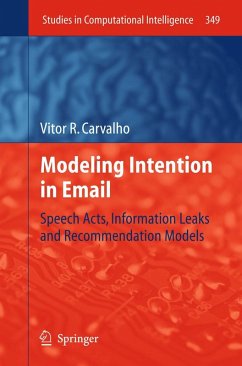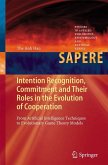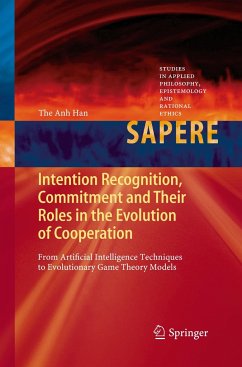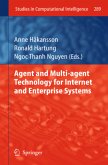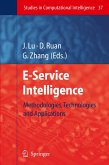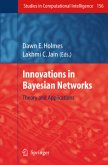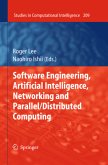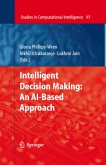Everyday more than half of American adult internet users read or write email messages at least once. The prevalence of email has significantly impacted the working world, functioning as a great asset on many levels, yet at times, a costly liability. In an effort to improve various aspects of work-related communication, this work applies sophisticated machine learning techniques to a large body of email data. Several effective models are proposed that can aid with the prioritization of incoming messages, help with coordination of shared tasks, improve tracking of deadlines, and prevent disastrous information leaks. Carvalho presents many data-driven techniques that can positively impact work-related email communication and offers robust models that may be successfully applied to future machine learning tasks.
From the reviews:
"The targeted audience consists mainly of computer scientists, either researchers in machine learning or professionals who use email services in their work. The book would also be useful in education, especially to generate assignments for advanced students. Readers should have a machine learning background, but in general this monograph is easily readable. It provides a brief but comprehensive introduction to the peculiarities of email problems and the appropriate methods for addressing them. The updated bibliography and related work sections are useful for further study." (Lefteris Angelis, ACM Computing Reviews, June, 2012)
"The targeted audience consists mainly of computer scientists, either researchers in machine learning or professionals who use email services in their work. The book would also be useful in education, especially to generate assignments for advanced students. Readers should have a machine learning background, but in general this monograph is easily readable. It provides a brief but comprehensive introduction to the peculiarities of email problems and the appropriate methods for addressing them. The updated bibliography and related work sections are useful for further study." (Lefteris Angelis, ACM Computing Reviews, June, 2012)

